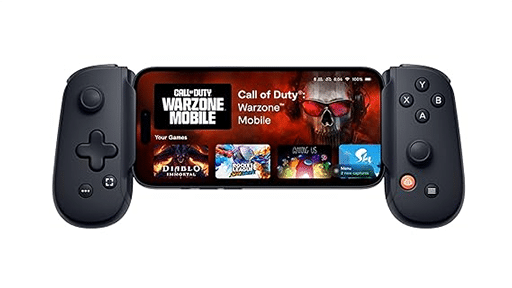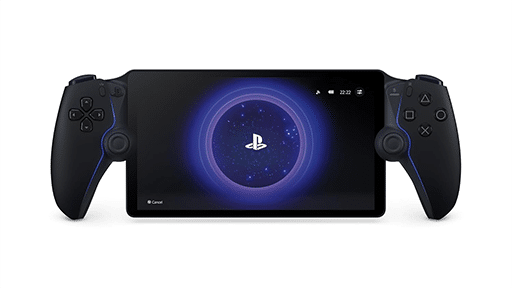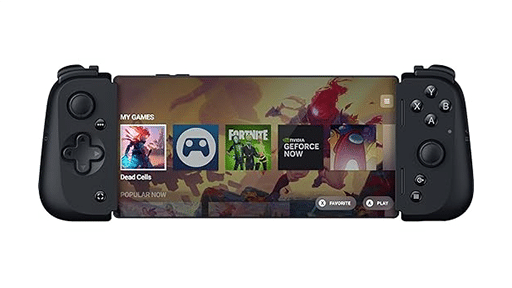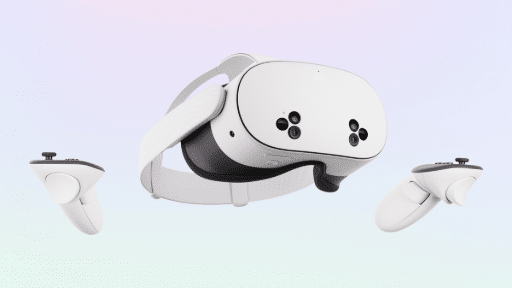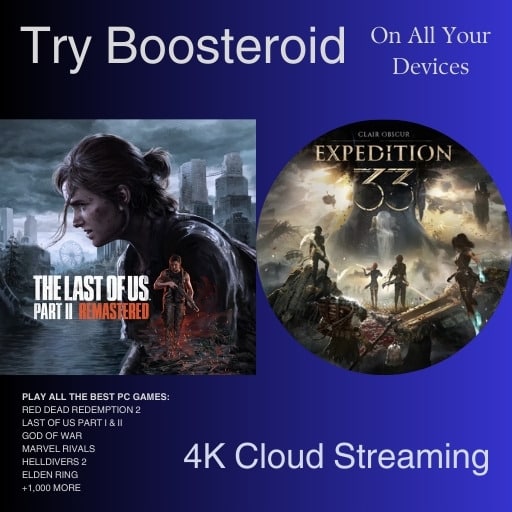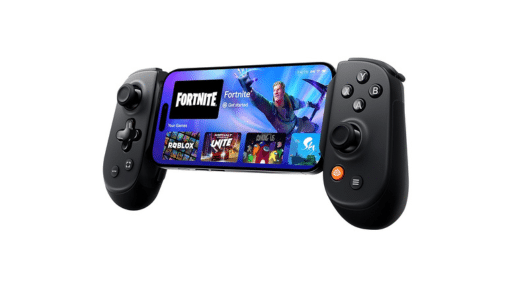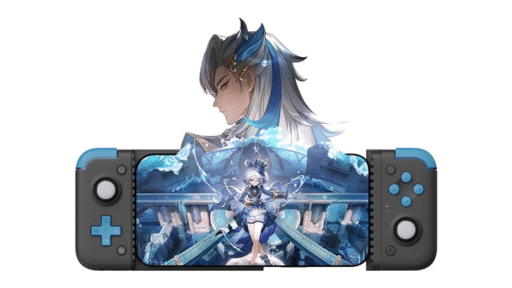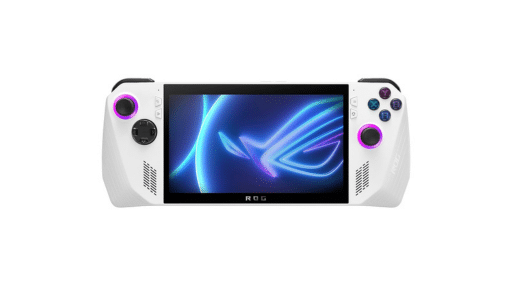
Editorial
I believe Microsoft’s strategy for the future is the right one. In his recent Wall Street Journal interview, Phil Spencer talked about “meeting customers where they are” in their approach on gaming. This is an attitude that lines up with the ubiquity of their other products like Office, LinkedIn, and Surface. In the gaming world, the battle for customers has shifted from being exclusively on console, to multiple fronts that include computers, tablets, phones, smart tvs and web browsers. Winning in the gaming world isn’t simply a question of selling more boxes. It has become a challenge of accessibility and engagement.
A lot of folks in the gaming world like to spend time talking about Game Pass. It’s an interesting topic because it’s still so new to the gaming space. But Phil suggested with sincerity that he didn’t think it would ever be much more than 15% of their overall revenue. That statement alone speaks powerfully of how big Microsoft is thinking in their overall gaming plans. He mentioned that there were many countries like Lagos and Chile where there is a lot of “lot of gaming activity in the market…” but where console sales in those markets would be minimal.
We could analyze how and why smaller gaming markets prefer phones, but the takeaway here is that Microsoft isn’t trying to penetrate those markets by selling another device. Instead, they’re trying to penetrate the market by offering a variety of games as possible on every device possible. For consumers with poor cellular service, that can mean downloaded mobile games like Candy Crush and Diablo Immortal. For those with higher quality service and big data caps, it means console-quality cloud gaming. In consideration of established markets like Europe, U.S. and Japan, it could mean Xbox and high-end PC’s.

In a single generation, Microsoft has shifted its strategy from being a box connected to a tv, to being a brand for video games in every possible form. What makes it even more significant is by broadening their scope to every conceivable gaming market, they increase their competitive advantage against every other contender across every gaming market. Without even having a mobile device, Microsoft is now competing with the App Store and Google Play Store. They compete on PC with Steam and Epic. And, of course, they compete in the console space with Sony and Nintendo.
Yet because their games are now available everywhere, Xbox has an edge over every single platform. And because Microsoft is the only big tech company that also has a major gaming platform, they have an advantage. It’s questionable whether Sony’s cloud technology is ever going to catch up to Microsoft simply because they don’t have the data-center footprint. Google gave up on gaming. And, Apple has yet to produce a hit with Arcade that keeps the internet’s attention for longer than a day. As promising as Luna is, that platform is a decade away from being in the same conversation as the other gaming juggernauts.

For most Western gamers, Game Pass will likely be a means of trying new games every few months. Figuring out what they like, and then buying their favorites a la carte. That makes Game Pass a glorified demo service. Microsoft doesn’t mind, as their metrics for Game Pass are primarily around engagement on titles and overall time spent. When a player tries titles on Game Pass and then buys their favorites, it lets Xbox double-dip on revenues. Xbox makes more money, and the consumer gets to feel confident about their purchase.
But for cloud gamers, Microsoft has a reliable means of retaining customers through Game Pass Ultimate. Even after Microsoft makes every Xbox game playable on cloud, they can retain those cloud customers through their highest tier subscription service. That can put future cloud customers in a corner, but also incentivize them to buy into consoles. The savings of ownership hangs over their head, but still gives them the option. This is the genius of their strategy. The Xbox Game Pass ecosystem is a virtuous cycle that encourages more buy in as the customer invests more of their time and money. And their customers won’t get upset about it because the ecosystem still offers better value than any other gaming system.
The key contributing factor here is Microsoft being able to actually make the games that gamers want to play. The video game space is still largely played with big chess pieces called “exclusives.” The Activision-Blizzard deal (if it goes through) could give them a great head-start. But, if they don’t shepherd those studios, it will be a cow they can only milk for a few years. Xbox has to produce games that take the gaming world by storm. The lineup in 2023 looks promising, but only time will tell if they keep the gamers that they attract.

